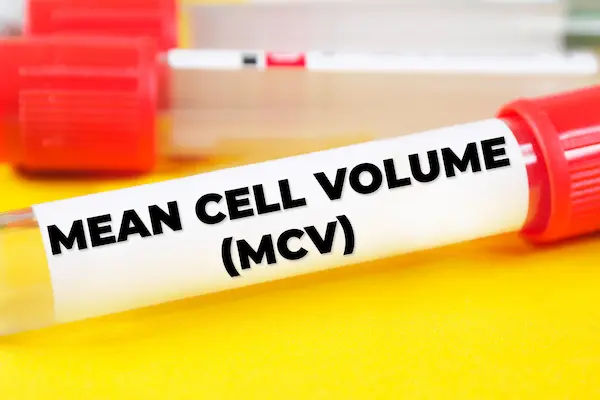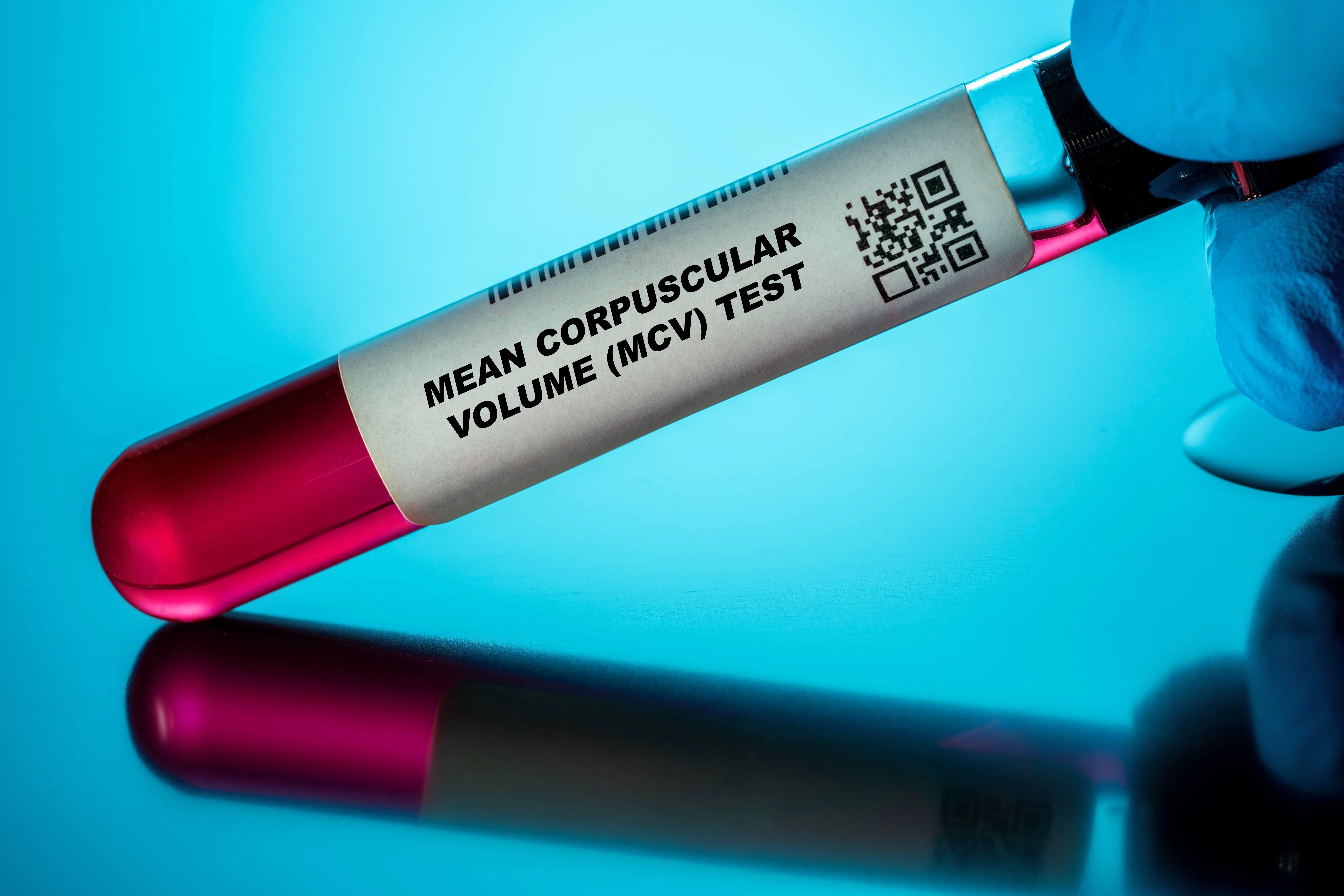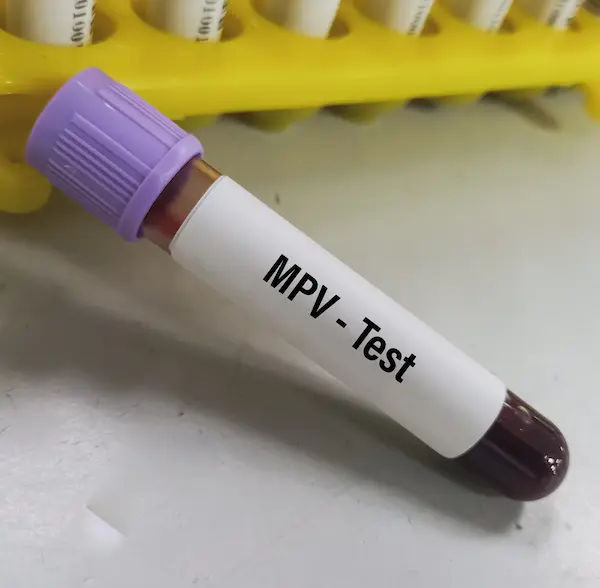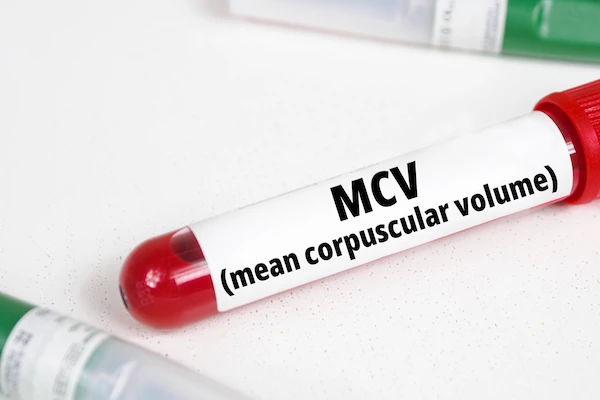MCHC Blood Test Explained Simply
Know what, why and how of MCHC. What are abnormal levels and causes, and how can to ensure you have healthy levels of MCHC?

Written by Dr. Dhankecha Mayank Dineshbhai
Reviewed by Dr. D Bhanu Prakash MBBS, AFIH, Advanced certificate in critical care medicine, Fellowship in critical care medicine
Last updated on 8th Aug, 2025

Introduction
If you’ve recently had a blood test, you may have noticed the term MCHC in your report and wondered what it means. Don’t worry—this guide will explain everything in simple terms so you can understand your results and what they mean for your health.
What is an MCHC Blood Test?
MCHC stands for Mean Corpuscular Haemoglobin Concentration. It measures the average concentration of haemoglobin in your red blood cells. Haemoglobin is the protein that carries oxygen from your lungs to the rest of your body.
The MCHC test is part of a Complete Blood Count (CBC), a common blood test that checks your overall health and detects conditions like anaemia, infections, and other blood disorders.
Why is the MCHC Test Done?
Your doctor may order an MCHC test if you have symptoms like:
- Fatigue or weakness
- Pale skin
- Shortness of breath
- Dizziness
- Cold hands and feet
These symptoms could indicate anaemia (low haemoglobin) or other blood-related issues. The MCHC test helps determine the cause.
Consult a Top General Physician for advice
Understanding Your MCHC Results
MCHC levels are measured in grams per deciliter (g/dL). The normal range is usually:
- 32–36 g/dL (may vary slightly between labs)
What Do Abnormal MCHC Levels Mean?
It can be classified into three types for better understanding:
1. Low MCHC (Below 32 g/dL)
A low MCHC means your red blood cells have less haemoglobin than normal. This could be due to:
- Iron-deficiency anaemia (most common cause) – Your body lacks enough iron to make haemoglobin.
- Chronic diseases (e.g., kidney disease, infections)
- Blood loss (from heavy periods, ulcers, or injuries)
2. High MCHC (Above 36 g/dL)
A high MCHC means your red blood cells have more haemoglobin than usual. Possible causes include:
- Hemolytic anaemia – Your body destroys red blood cells faster than it makes them.
- Burns or dehydration – Less fluid in the blood makes haemoglobin more concentrated.
- Vitamin B12 or folate deficiency – Affects red blood cell production.
How Can You Improve Your MCHC Levels?
If your MCHC is abnormal, your doctor will recommend further tests to find the cause. Depending on the results, you may need:
For Low MCHC (Iron Deficiency Anaemia)
- Iron-rich foods: Spinach, lentils, red meat, eggs, and fortified cereals.
- Vitamin C: Helps iron absorption (eat oranges, tomatoes, or bell peppers with iron-rich meals).
- Iron supplements (if prescribed by your doctor).
For High MCHC (Hemolytic Anaemia or Dehydration)
- Stay hydrated – Drink plenty of water.
- Treat underlying conditions – If due to vitamin deficiencies, your doctor may suggest B12 or folate supplements.
- Avoid alcohol & smoking – These can worsen blood disorders.
When Should You See a Doctor?
If you experience symptoms like extreme fatigue, dizziness, or pale skin, consult a doctor. They may recommend:
- A Complete Blood Count (CBC) test.
- Additional tests like iron studies, vitamin B12, or folate levels.
If needed, you can easily book a blood test or consult a doctor online through Apollo 24|7 for quick and accurate results.
Final Thoughts
The MCHC test is a simple but important part of your blood work. Abnormal levels don’t always mean a serious problem, but they should be checked by a doctor. Eating a balanced diet, staying hydrated, and following medical advice can help keep your blood healthy.
Consult a Top General Physician for advice
Consult a Top General Physician for advice

Dr Divya Lekha Gunta
General Practitioner
10 Years • MBBS, MD (Pathology)
Visakhapatnam
Apollo 24|7 Clinic - Andhra Pradesh, Visakhapatnam

Dr D M Karthik
General Practitioner
4 Years • MBBS, Fellowship in Diabetes Mellitus, Advance certificate in Diabetes Mellitus, Derma Nutrition Certification
Visakhapatnam
Apollo 24|7 Clinic - Andhra Pradesh, Visakhapatnam

Dr. Siri Nallapu
General Practitioner
5 Years • MBBS
Hyderabad
Apollo 24|7 Clinic, Hyderabad

Dr. Suraja Nutulapati
General Physician/ Internal Medicine Specialist
10 Years • MBBS, MD (Internal Medicine)
Hyderabad
Apollo 24|7 Clinic, Hyderabad
(975+ Patients)

Dr. Chaithra H
General Physician/ Internal Medicine Specialist
6 Years • MBBS, MD General Medicine, DNB General Medicine
Bangalore
Apollo 24|7 Clinic - Karnataka, Bangalore
Consult a Top General Physician for advice

Dr Divya Lekha Gunta
General Practitioner
10 Years • MBBS, MD (Pathology)
Visakhapatnam
Apollo 24|7 Clinic - Andhra Pradesh, Visakhapatnam

Dr D M Karthik
General Practitioner
4 Years • MBBS, Fellowship in Diabetes Mellitus, Advance certificate in Diabetes Mellitus, Derma Nutrition Certification
Visakhapatnam
Apollo 24|7 Clinic - Andhra Pradesh, Visakhapatnam

Dr. Siri Nallapu
General Practitioner
5 Years • MBBS
Hyderabad
Apollo 24|7 Clinic, Hyderabad

Dr. Suraja Nutulapati
General Physician/ Internal Medicine Specialist
10 Years • MBBS, MD (Internal Medicine)
Hyderabad
Apollo 24|7 Clinic, Hyderabad
(975+ Patients)

Dr. Chaithra H
General Physician/ Internal Medicine Specialist
6 Years • MBBS, MD General Medicine, DNB General Medicine
Bangalore
Apollo 24|7 Clinic - Karnataka, Bangalore




